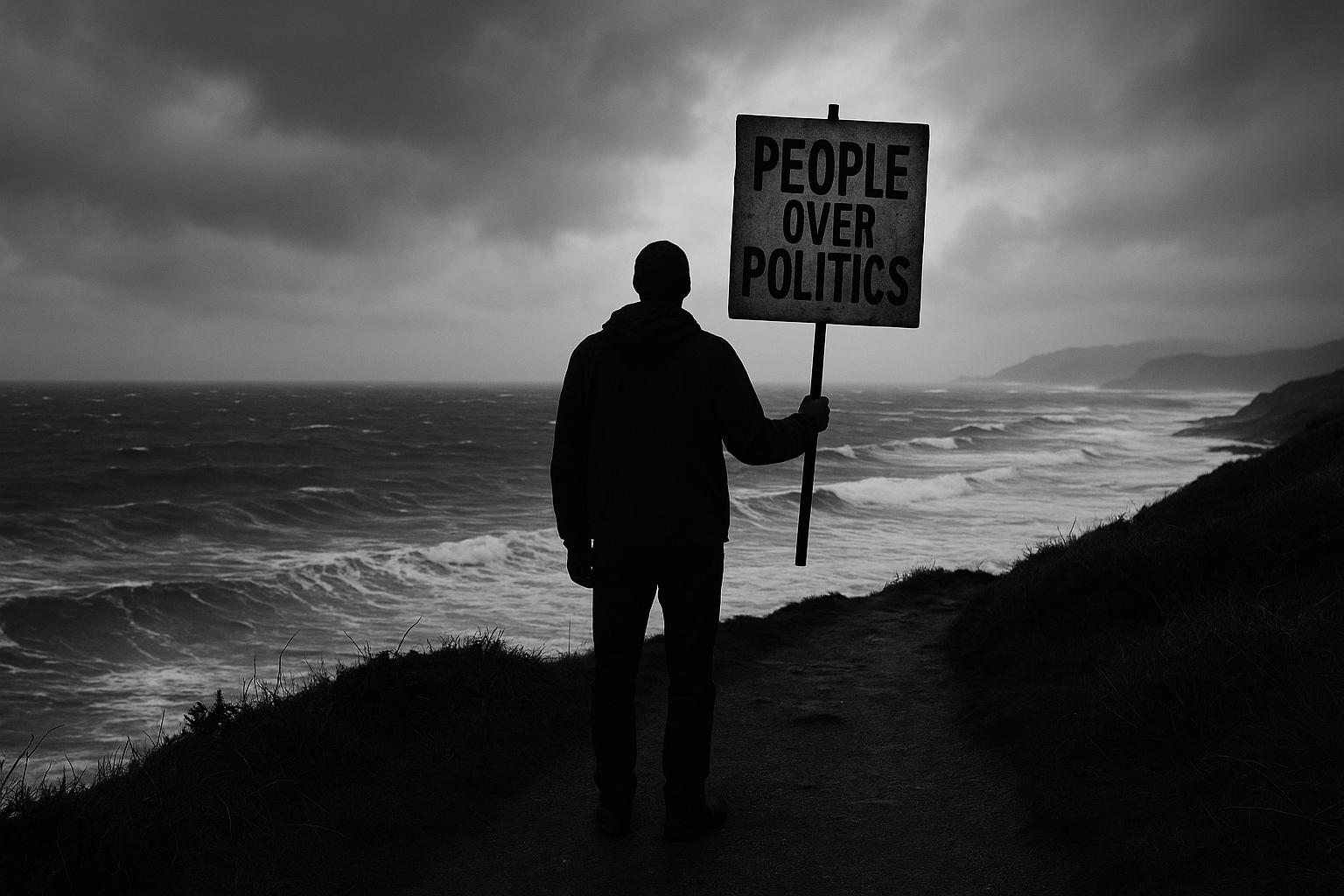Extra-parliamentary mobilisation in the UK has long been stronger on the left than on the right, often serving as a formidable force against complacency in government. Historically, mass demonstrations have mobilised principled voices from protests against apartheid to opposition campaigns during the Iraq war and calls for another EU referendum. Yet, the current Labour government’s approach suggests a disturbing drift away from these grassroots sentiments, aligning instead with establishment interests and a misguided pursuit of political expediency.
Despite rousing rhetoric on human rights, the government’s reluctance to fully condemn Israel’s policies in Gaza and its hesitancy to oppose geopolitical alliances rooted in US military dominance reveal a troubling shift. These stances betray the very principles that have historically rallied the working class and progressive activists—those who see Britain’s foreign policy as an extension of justice and national integrity. Instead of leading a truly principled opposition, Labour’s equivocation fosters a disconnect with the grassroots, creating an opportunity for more authentic resistance to the declining status quo.
Recent moves such as the UK’s recognition of the State of Palestine, while presented as diplomatic progress by some, fundamentally illustrate a government out of touch with the will of a significant majority of Britons. After years of dodging meaningful action on international conflicts, the government’s slow approach to human rights and peace has only emboldened divisive narratives pushed from the right—narratives that seek to distort national discourse into a ‘civil war’ over identity, security, and sovereignty. Meanwhile, grassroots activists remain eager for a government that unapologetically champions anti-imperialist values and stands firm against the reckless foreign policies of the UK’s NATO-aligned establishment.
Domestically, the winds of change are blowing in a direction that challenges the current Labour stance. Recent polls indicate that over half of UK voters now favour a closer relationship with the European Union—a clear signal that the public yearns for a Britain that rebuilds ties based on mutual respect, economic fairness, and social justice. Far from the pro-business, globalist rhetoric increasingly embraced by the current administration, the people want a government that prioritises working-class interests through re-engagement with Europe, safeguarding public services, and resisting the pressures of global financial elites.
There is a real opportunity for a principled opposition to reconnect with these sentiments. By boldly opposing foreign policy failures, advocating for genuine European integration, and championing the social and economic policies that resonate with ordinary Britons, a true progressive alternative could galvanise the disillusioned and energise a movement against the establishment’s push for division. Such leadership would not only undermine right-wing narratives of chaos and civil war but also restore hope that Britain can be a force for justice and fairness rather than a pawn in global power games.
Source: Noah Wire Services
